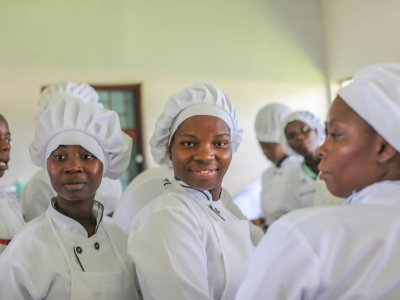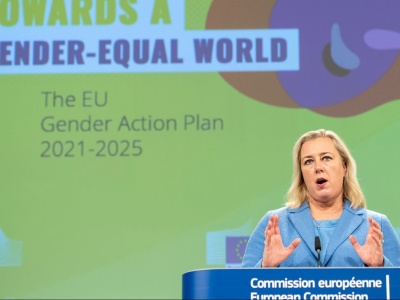
The EU’s gender action plan and the realities of Mozambique
Mariella Di Ciommo and Marta Cumbi look at how the EU is implementing its gender action plan (GAP III) in Mozambique, which overlaps with the country's own gender priorities.
This page is also available in Portuguese.
Summary
In the last years, Mozambique has made progress in advancing gender equality and improving the lives of women and girls, but challenges still remain in several areas – from health to early marriages. The scale of these challenges calls for concerted actions from the Mozambican government, communities and international partners to sustain progress on the gender equality and women’s empowerment (GEWE) agenda.
This paper looks at how the European Union (EU) is implementing its Gender Action Plan (GAP III) in the country, which overlaps with Mozambique’s own gender priorities. We argue that while the EU has made good progress, it needs to have more sustained dialogue and follow-up with Mozambican authorities and civil society and ensure that the capacities of all stakeholders are used to realise joint gender-related ambitions. This means engaging with civil society organisations – a critical force for progressing on the GEWE agenda. Their involvement in the GAP III implementation will be crucial. Similarly, the EU will need to work more systematically with the relevant Mozambican ministries and increase cooperation with EU member states going forward.
The implementation of GAP III runs parallel to the programming of EU external action under the new Neighbourhood, Development and International Cooperation Instrument – Global Europe (NDICI-Global Europe) for the period 2021-2027, a process which should be finalised by the end of 2021. The next few months will therefore offer an important opportunity to make sure gender features more strongly in the cooperation between the EU and Mozambique.




